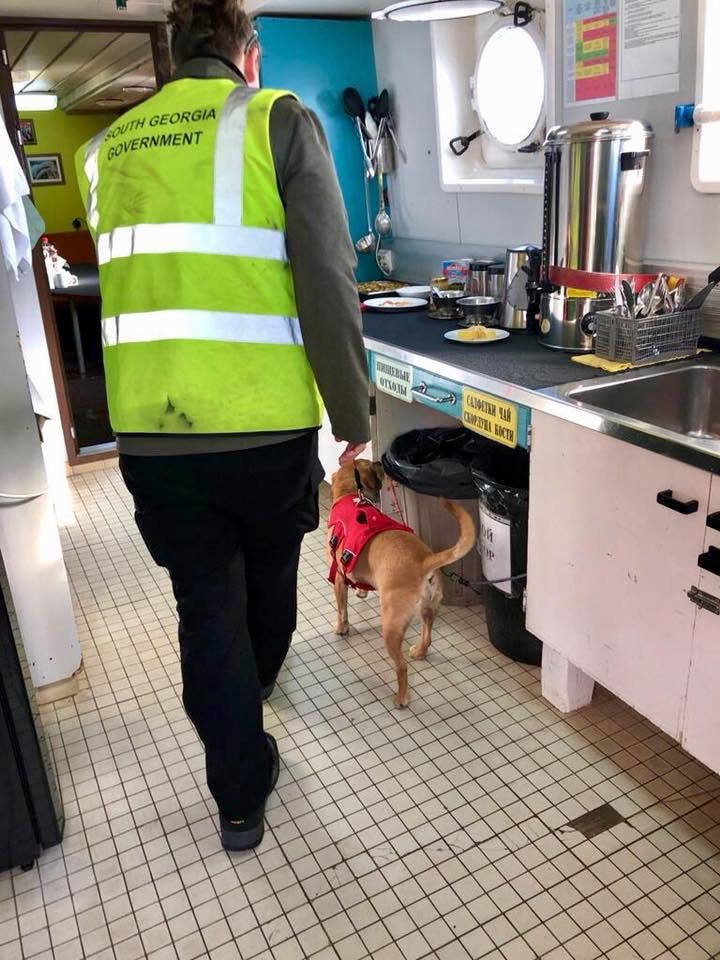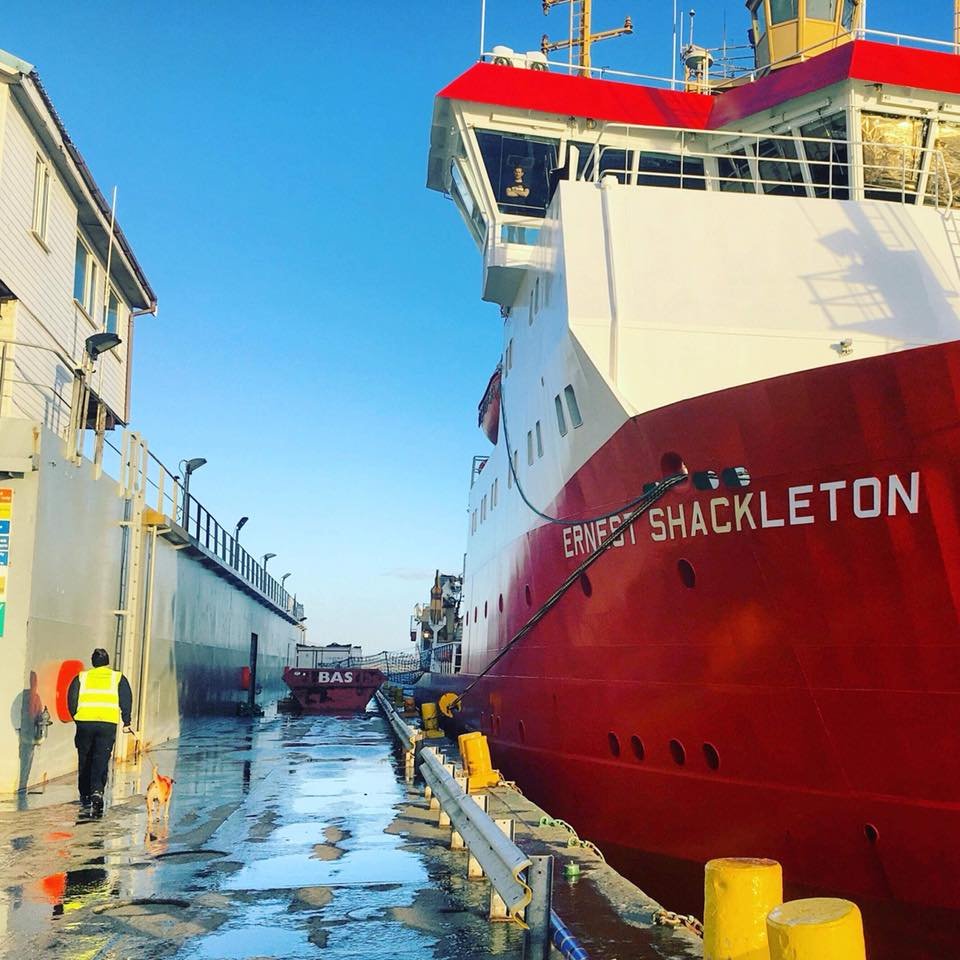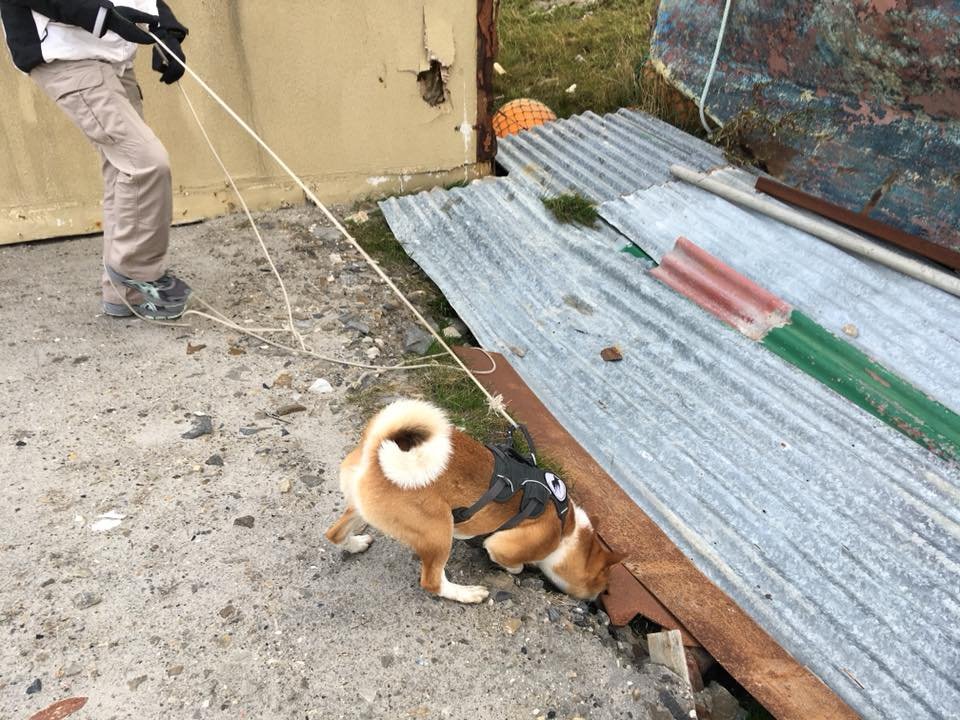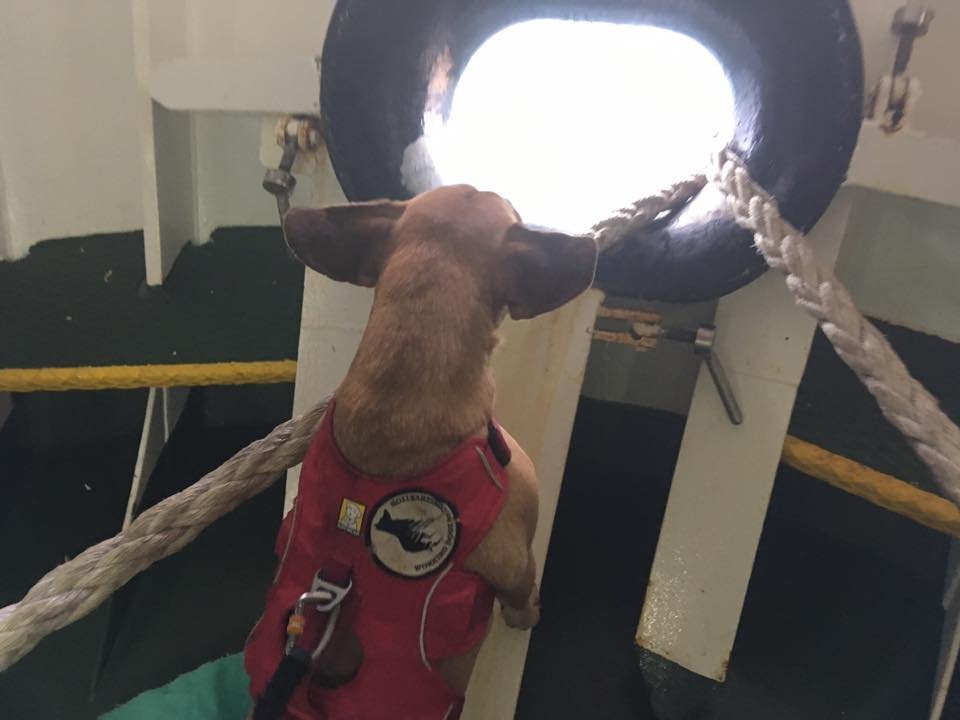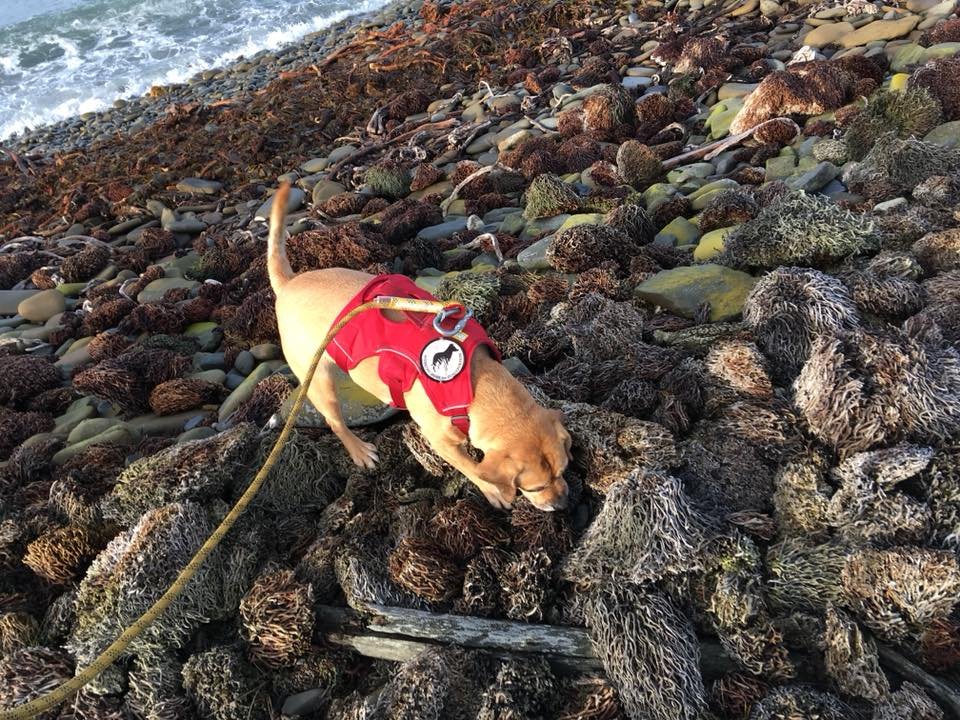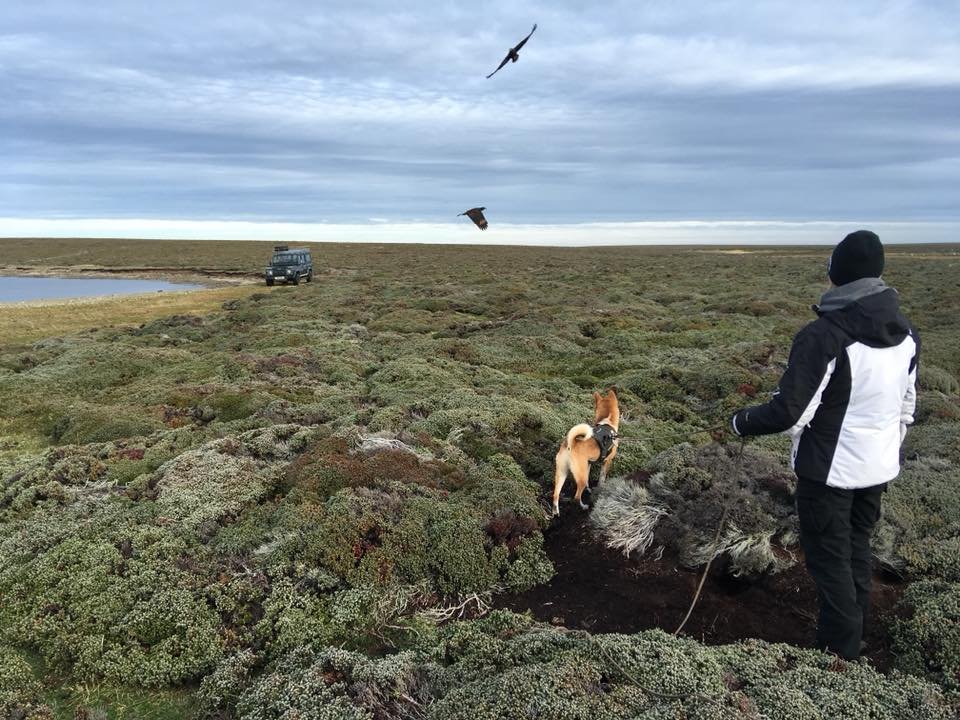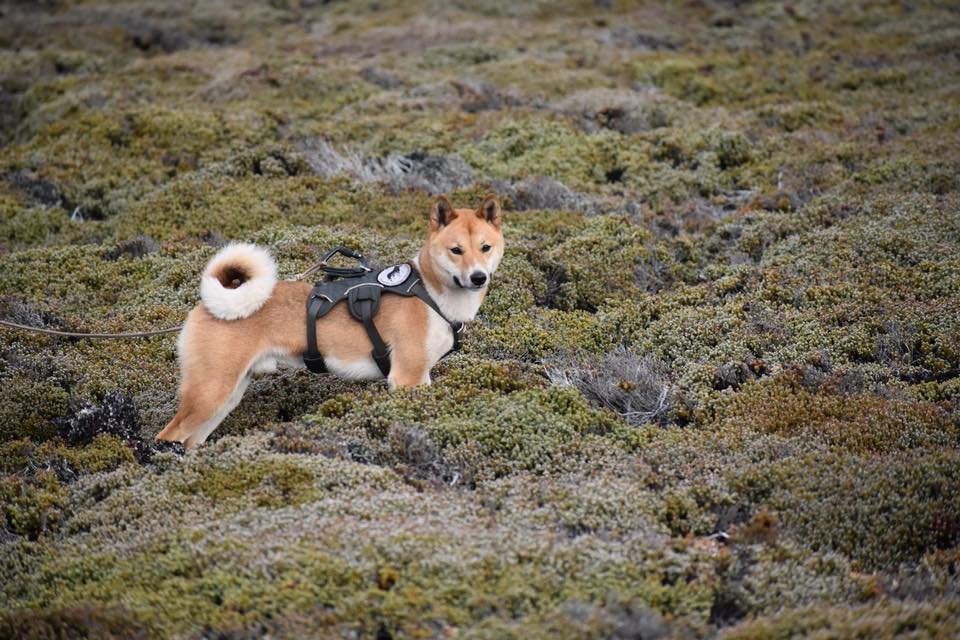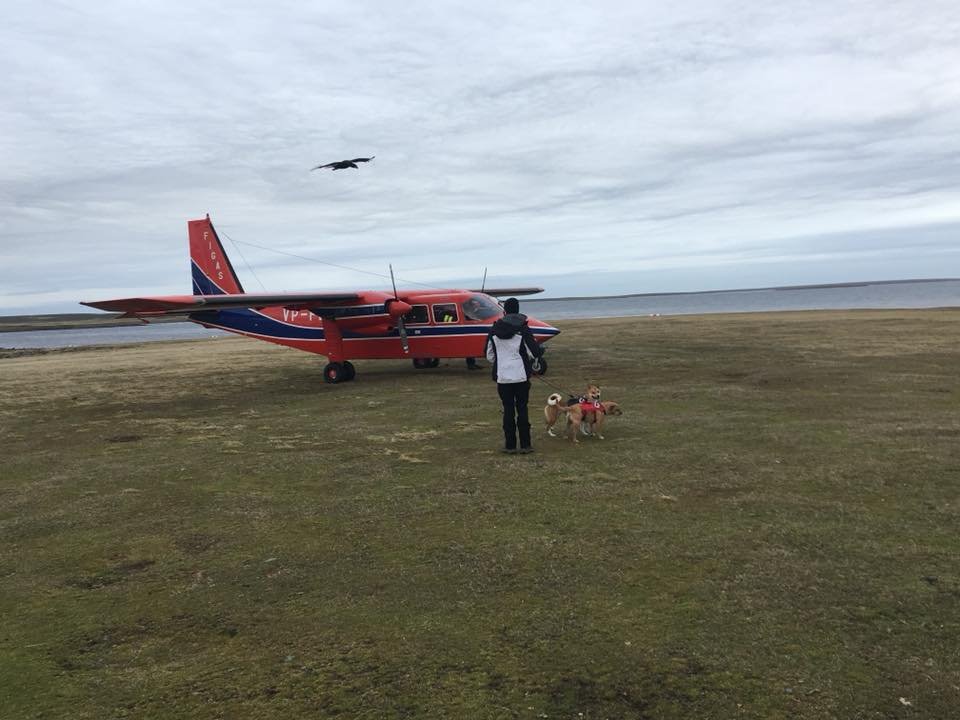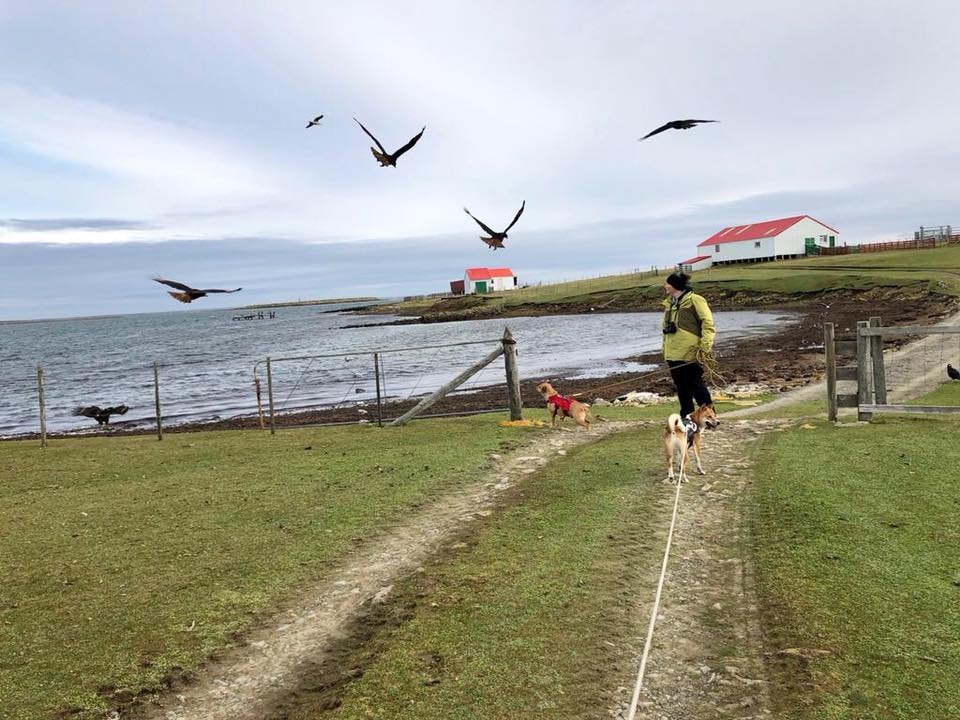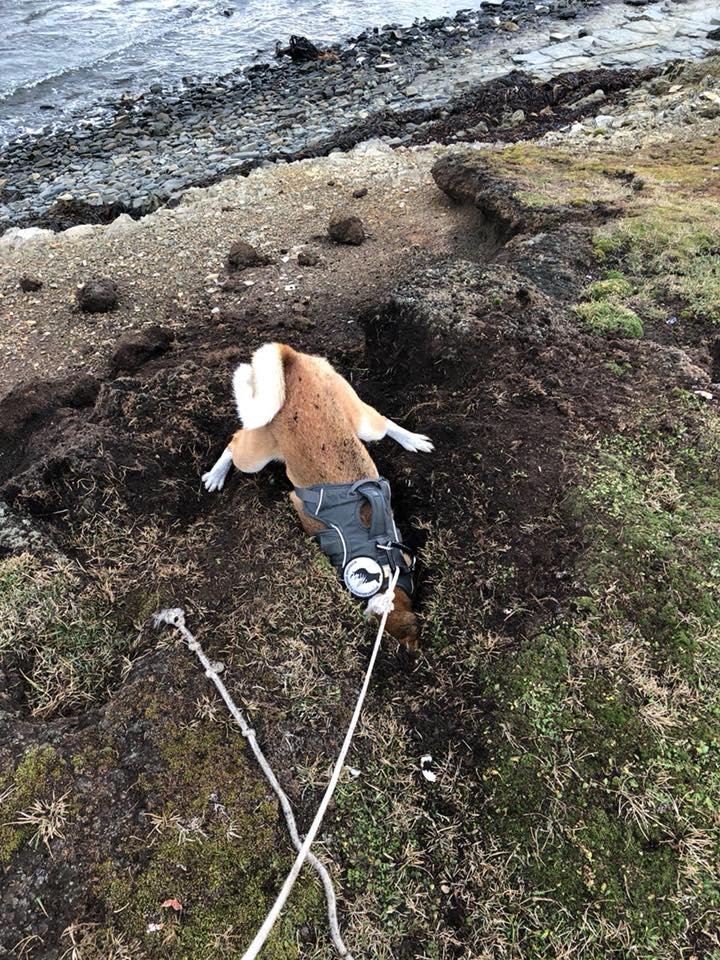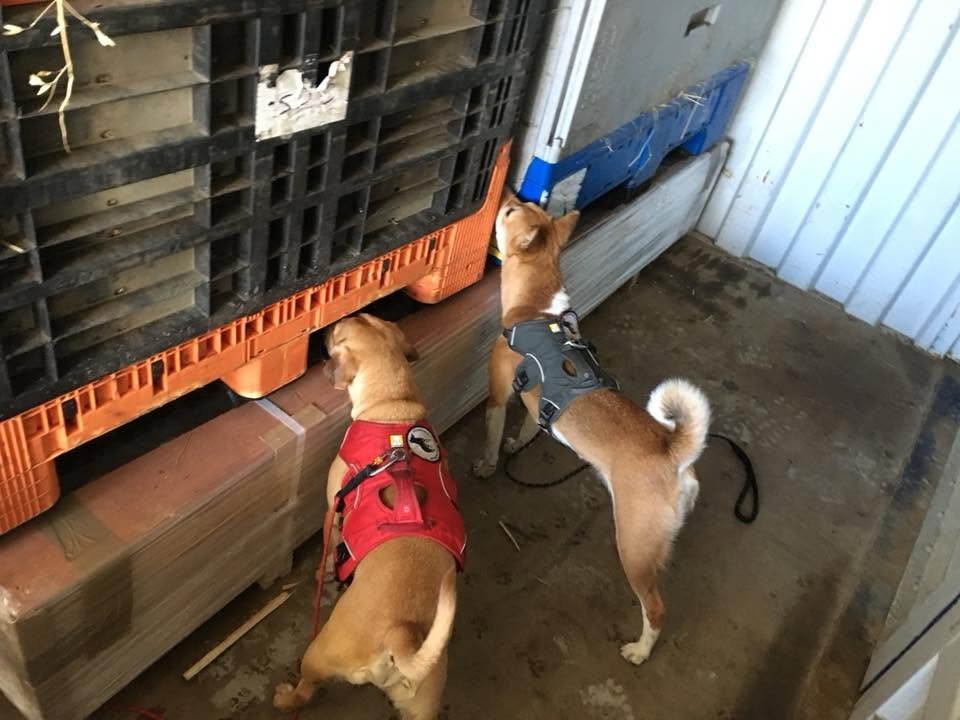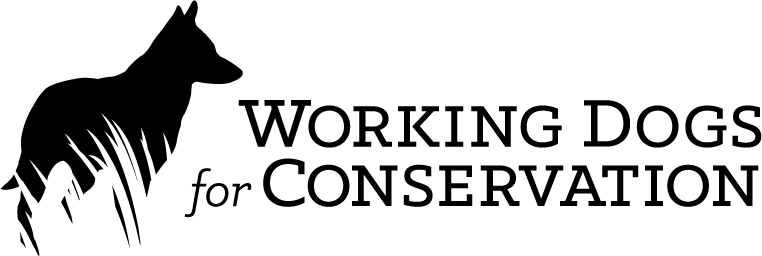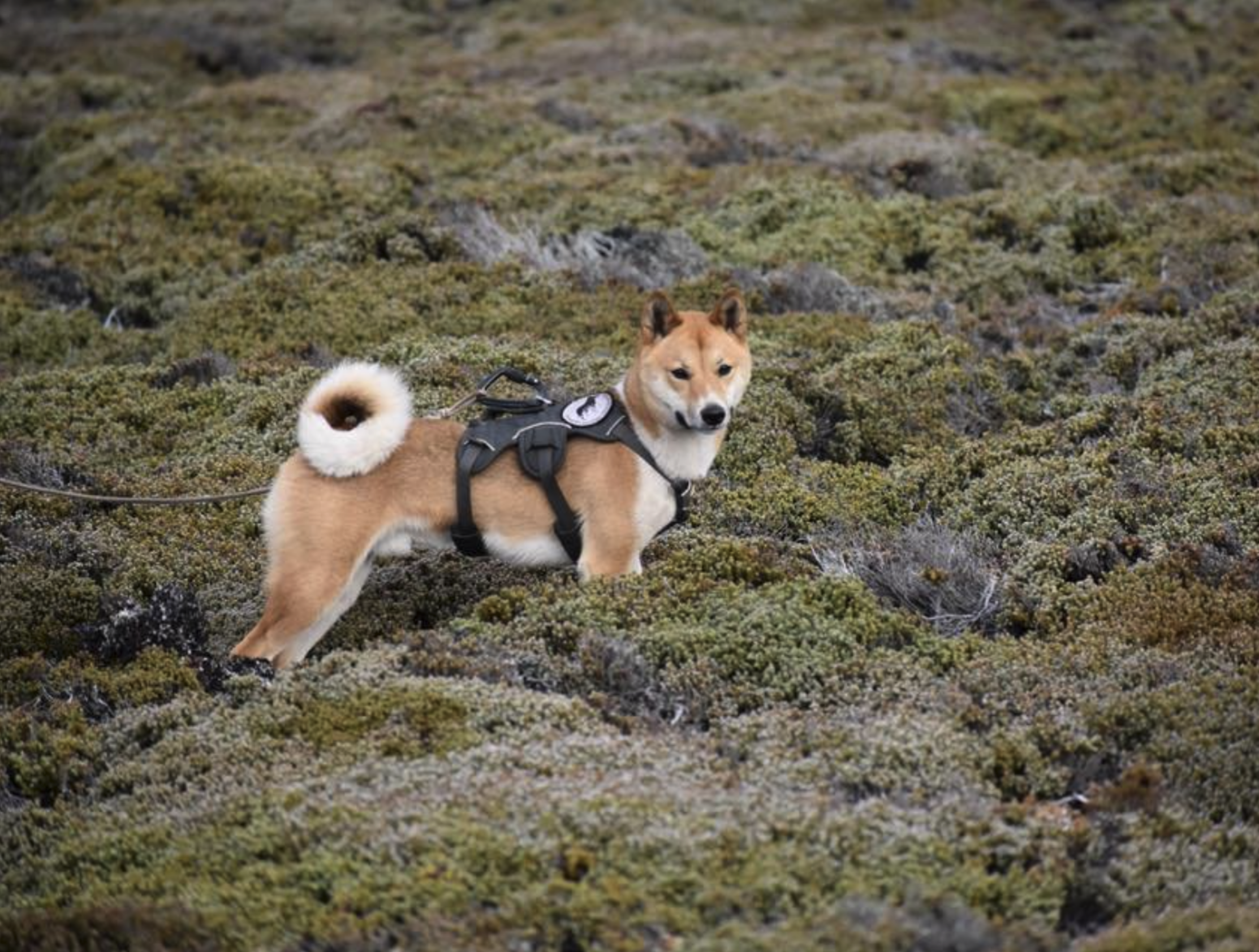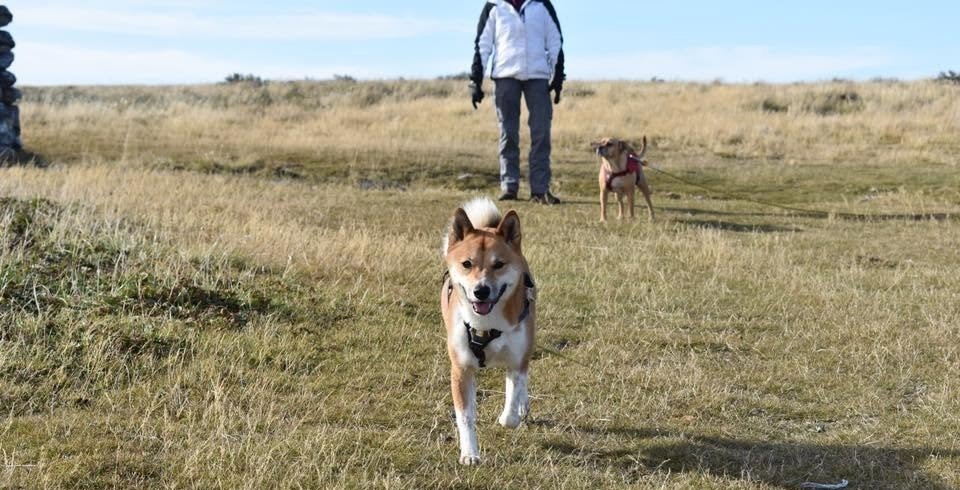
OUR WORK: BIOSECURITY
Protecting Island Ecosystems in the Falkland Islands
-
Falkland Islands
-
To build a long-term, self-sustaining biosecurity defense against invasive rodents following South Georgia’s globally significant island restoration.
-
Invasive non-native rodents and burrows
-
Government of South Georgia & the South Sandwich Islands
This program exemplifies how dog-handler teams can be integrated into complex conservation logistics when guided by thoughtful design, long-term capacity building, and the goal of eventual local ownership. It’s a model of what’s possible when detection dogs are more than tools, they’re trusted partners in ecosystem protection and interspecies collaboration.
Working Dogs for Conservation led the development of a pioneering rodent detection dog program based in the Falkland Islands to support the Government of South Georgia & the South Sandwich Islands (GSGSSI).
Designed to intercept risk before it reached the island, efforts included screening vessels, cruise ships, longline fishing vessels, research ships, private yachts, and military ships prior to departure. Each vessel type posed unique challenges, and customized search protocols were created to meet those needs.
We developed a complete operational framework tailored to the realities of island biosecurity: from handler-dog pairing and scent training protocols to vessel search methodology, odor source logistics, and long-term program maintenance. This full package was handed off to local authorities and remains in operation today. Since our departure, the local handler has continued to grow the program independently, providing consistent support to GSGSSI and expanding the program’s impact.
While stationed in the Falklands, WD4C also supported the local island government by piloting and training canine-led surveys on surrounding islands. These efforts helped assess rodent presence or absence in areas under consideration for eradication and required adaptation to vastly different terrain and logistics. The dog-handler team was also trained and prepared to respond to South Georgia in the event of a rapid incursion.
This work was purposely designed to continue and have a lasting impact in the Falklands, and serve as a scalable model for other island systems facing invasive species threats. WD4C has since supported additional island-focused rodent detection initiatives, including deployment to Wake Atoll for post-eradication monitoring, as well as providing training, strategic framework development, and capacity-building support for conservation dog organizations in the UK, Hawaii, and beyond. Even in cases where full programs have not yet been launched, WD4C has contributed key planning materials and technical guidance for island governments laying the groundwork for future readiness.
The depth of knowledge gained through years of rodent detection work in island environments has also proven to be uniquely valuable in a broader context: integrated pest management (IPM) for urban, structural, and agricultural settings. WD4C’s work now helps bridge two communities that rarely overlap, the island restoration and biosecurity world, and the domestic IPM industry. Insights into rodent behavior, detection strategy, scent handling, and monitoring systems transfer powerfully across both landscapes. By linking these communities, we’re creating new opportunities for shared learning and more compassionate, ecologically grounded rodent management practices worldwide.
